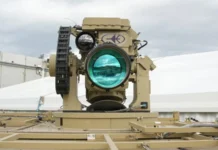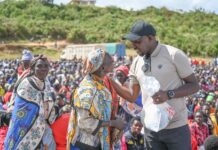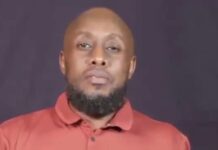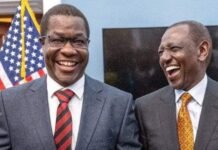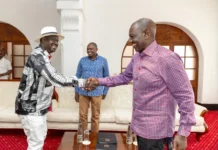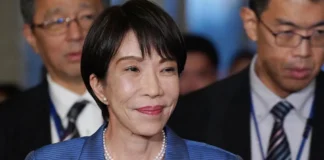Written by Were Kelly
For over two years, the life of one Israeli mother has been defined by a single, agonising quest: to find the physical remains of her son, who was killed during the Hamas-led attacks on October 7, 2023, and bring him home for a Jewish burial. Her story, a quiet, persistent counterpoint to the geopolitics and military campaigns that have dominated headlines since that day, embodies the unending grief of families for whom the conflict has no clear end, only an abyss of uncertainty. As of November 13, 2025, she continues her vigil, a personal mission that highlights one of the most painful and protracted consequences of the massacre, where the final resting places of many victims remain unknown.
The mother, who has asked for privacy for her immediate family, speaks of her loss with a quiet determination that belies the depth of her pain. “I cannot rest. I cannot move on. Until I bring him home, a part of me is still out there in that field, waiting,” she says, her voice steady but her eyes reflecting a years-long struggle. Her son was among the hundreds of victims at the Nova music festival, a site where the chaos was so extreme and the violence so brutal that the identification of remains has been a slow, gruelling process for forensic teams and families alike. A family liaison officer from the Israeli Defence Ministry, who works closely with such families, acknowledged the profound difficulty. “The identification process is complex and heartbreaking. We are doing everything possible, with the families guiding us with their strength.”
The psychological toll of this limbo is immense. A trauma counsellor specialising in prolonged grief explained that the inability to recover a body creates a unique form of suffering. “This unending grief, this limbo without a body to mourn, creates a wound that cannot heal. Her search is for more than remains; it is for the ability to finally say goodbye,” the counsellor stated. For this mother and others like her, the conflict is not about strategy or borders; it is a deeply personal tragedy suspended in time. Every day without an answer is a renewal of the initial loss, a cycle of hope and despair that prevents any sense of closure.
Her relentless search underscores a humanitarian issue that has persisted long after the international focus shifted to the war in Gaza. While the world debates ceasefires and reconstruction, a community of mourners in Israel remains trapped in the horror of October 7, their lives dedicated to a sombre, painstaking search for fragments of bone or personal effects that might finally allow them to lay their loved ones to rest. This mother’s journey is a powerful testament to a love that refuses to be defeated by time or politics, a poignant reminder that long after the guns fall silent, the work of healing, and the duty of remembrance, continues one painstaking identification at a time.











